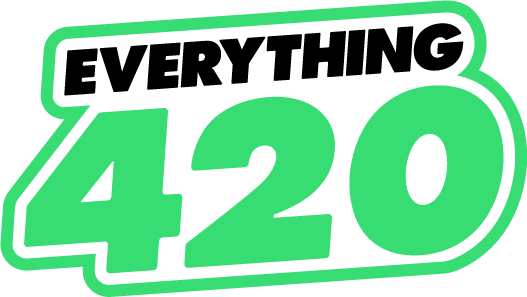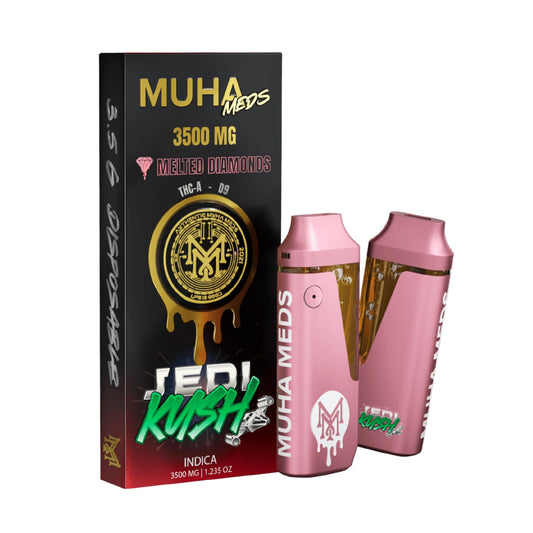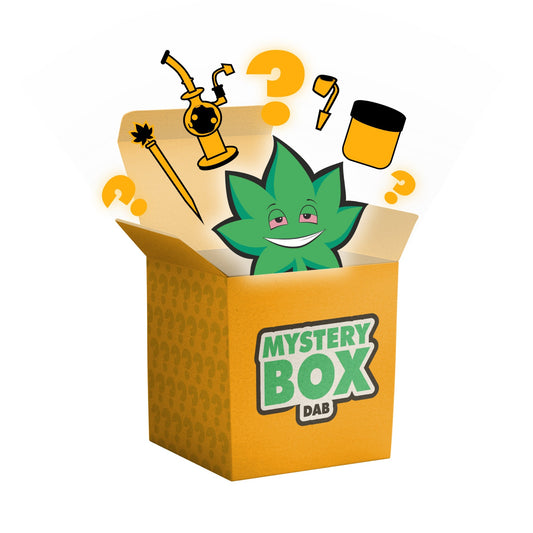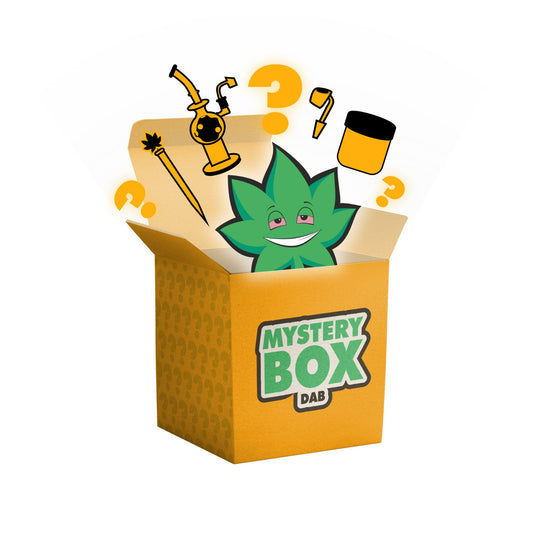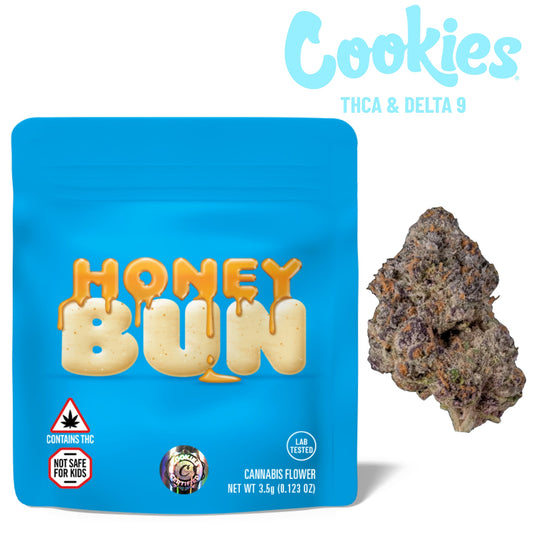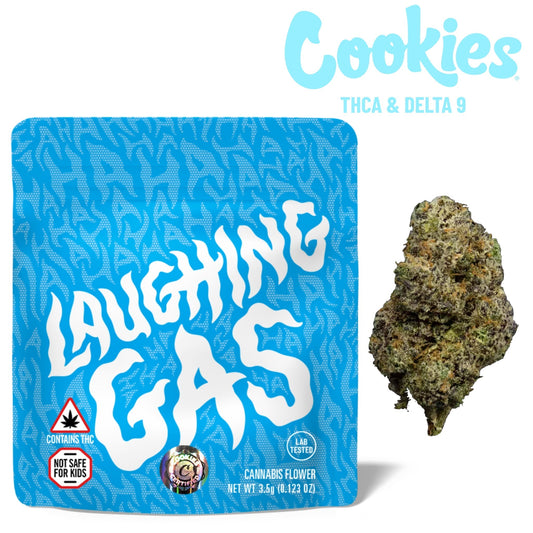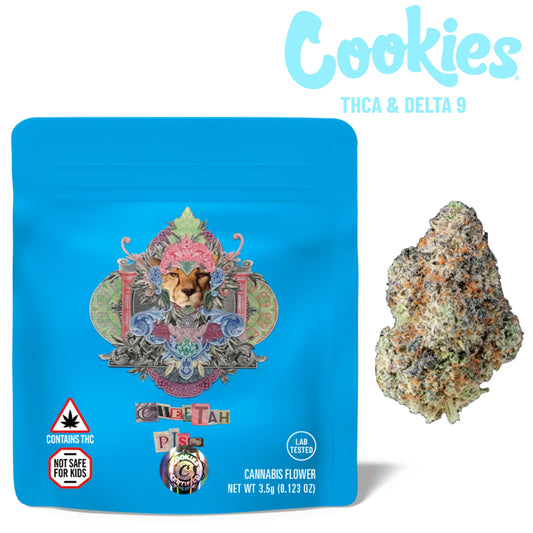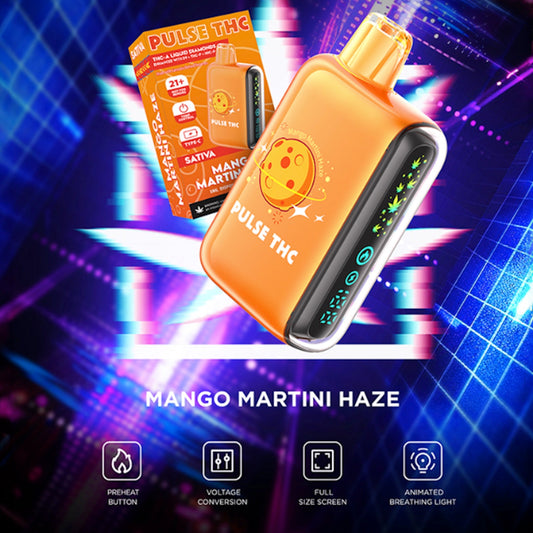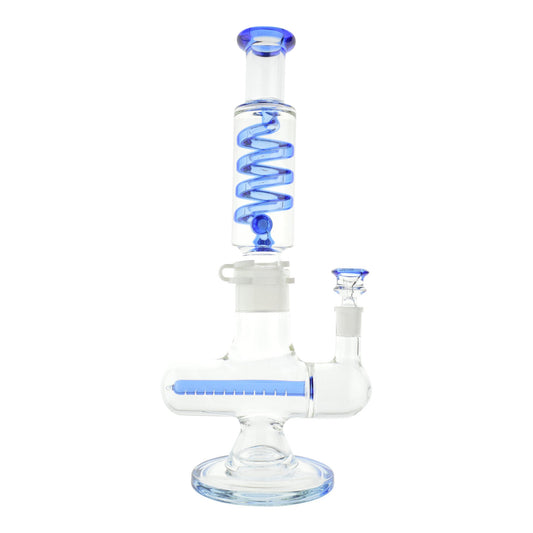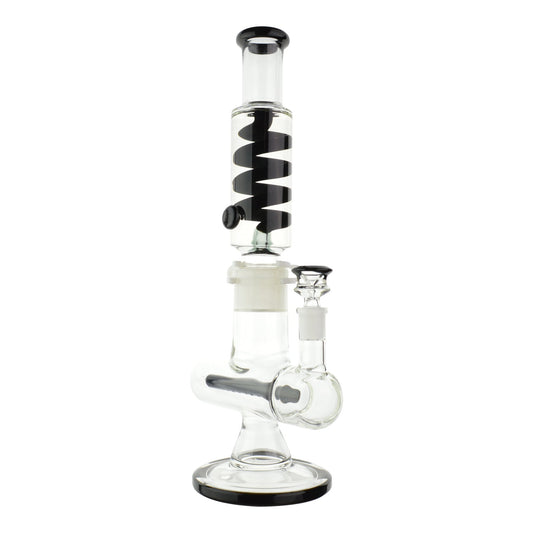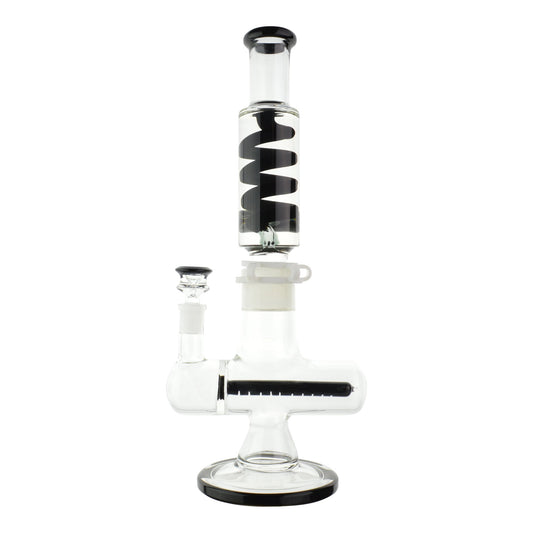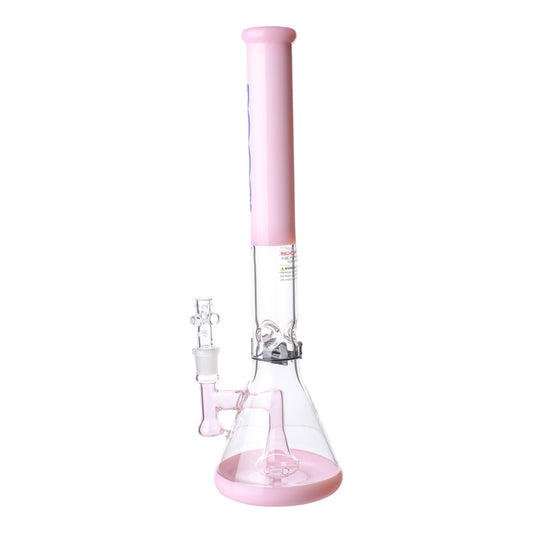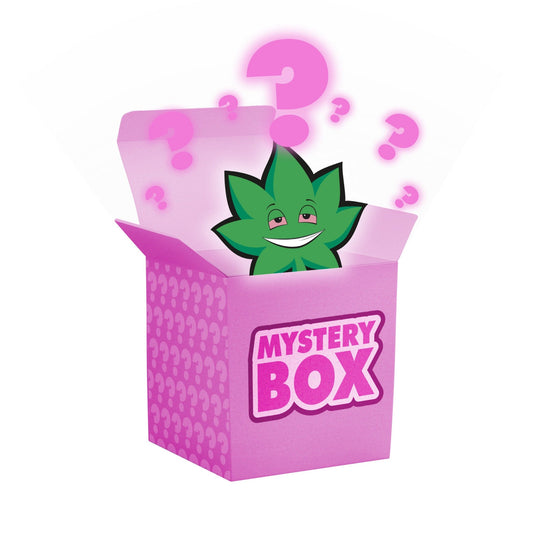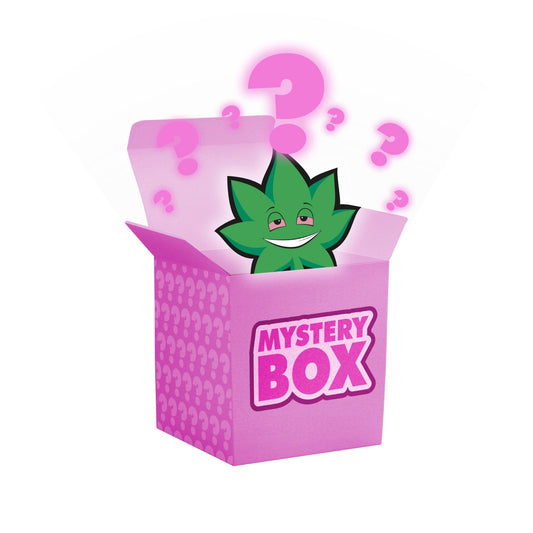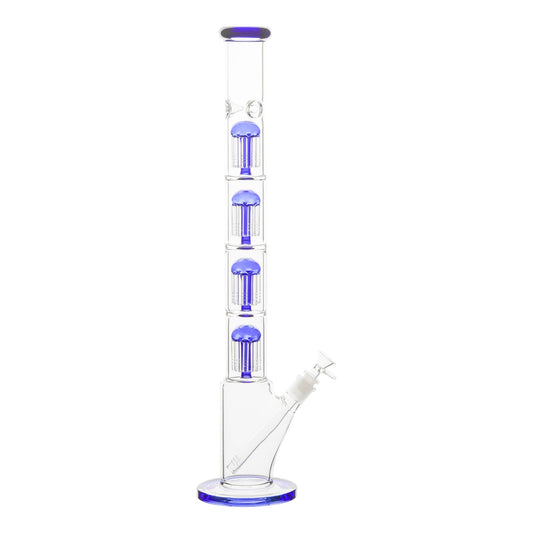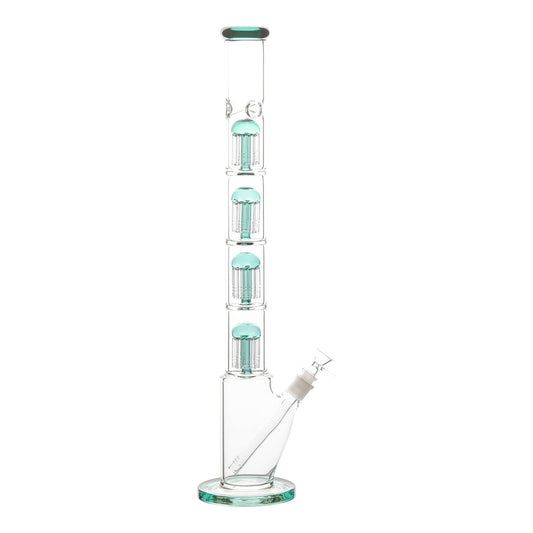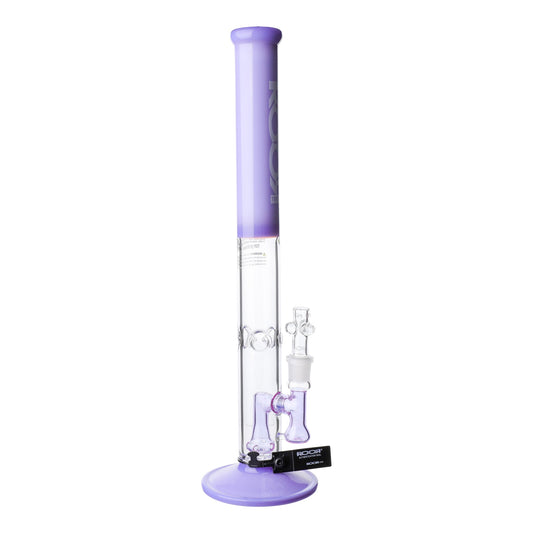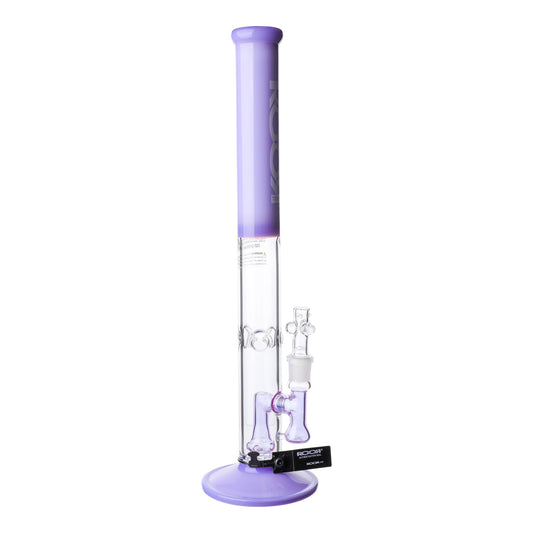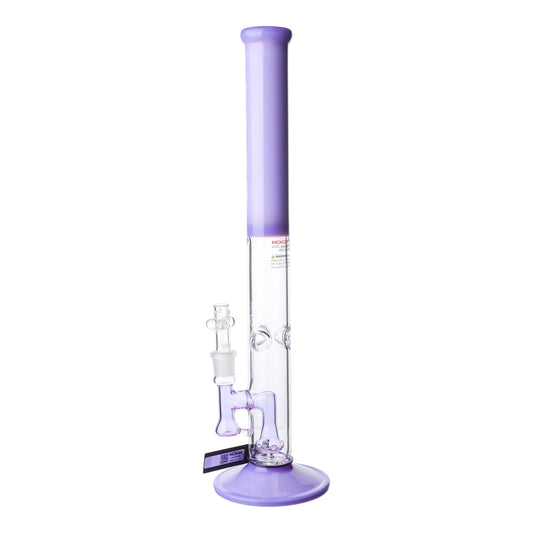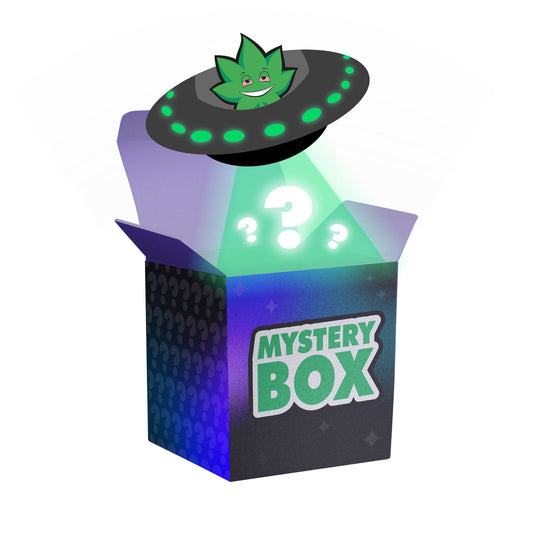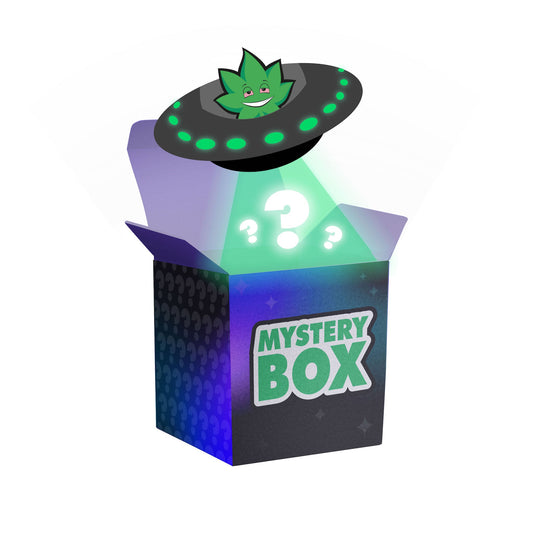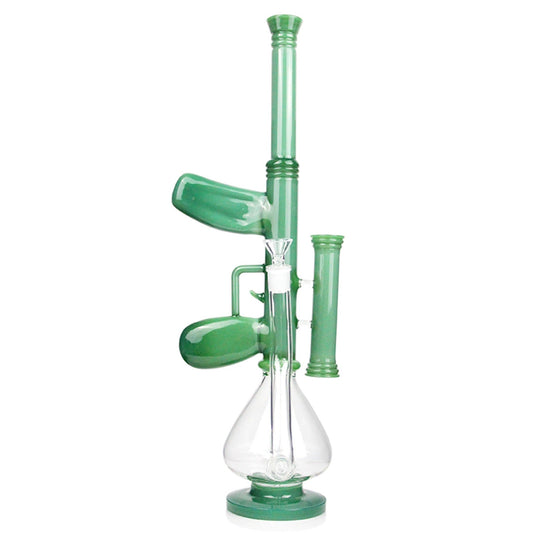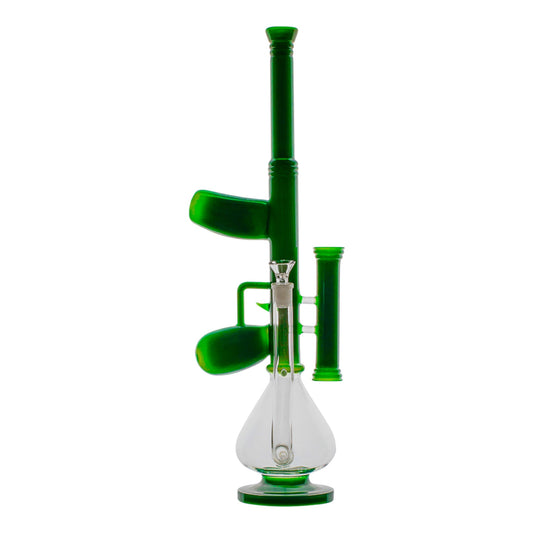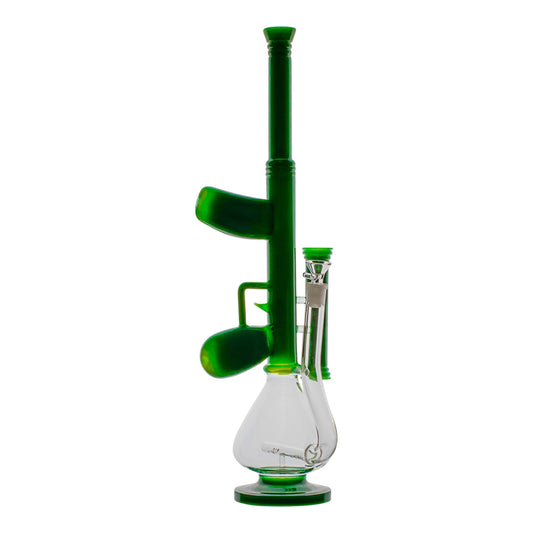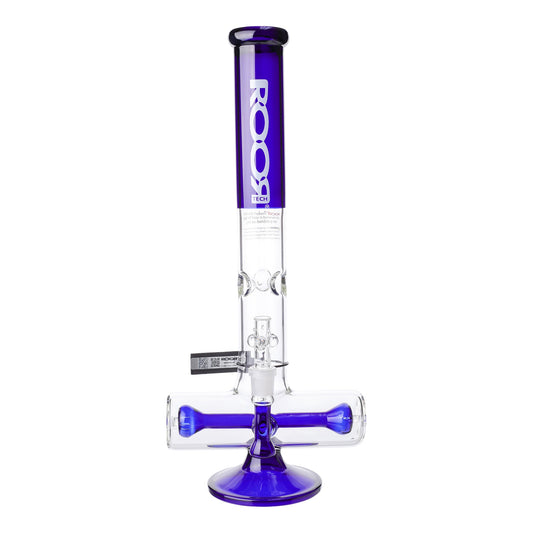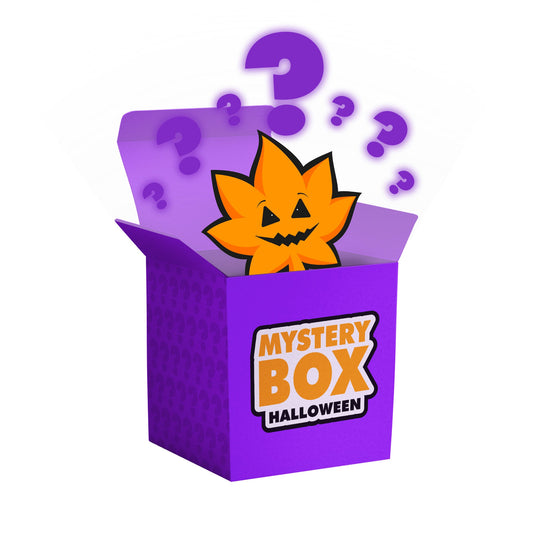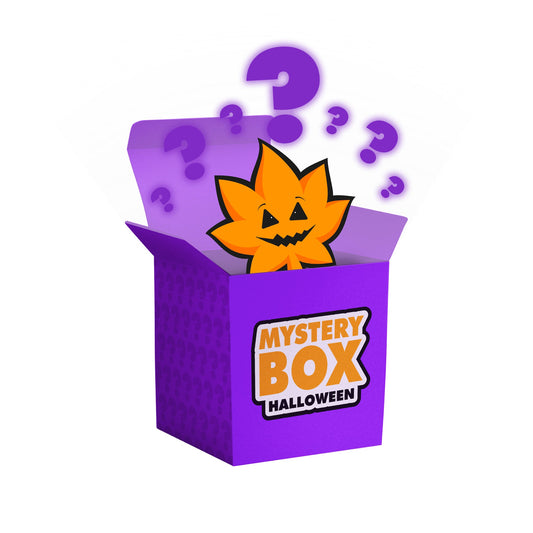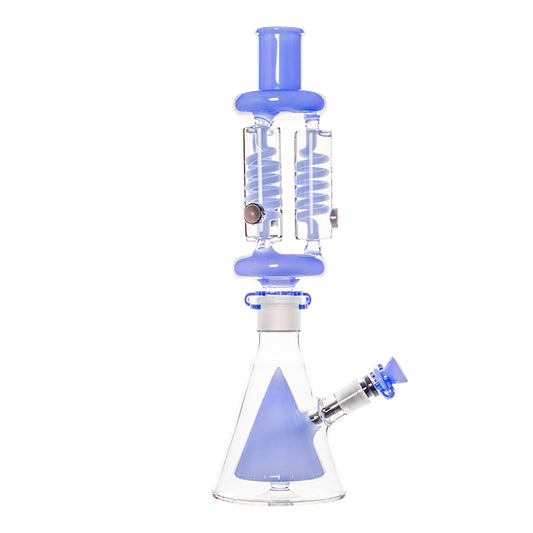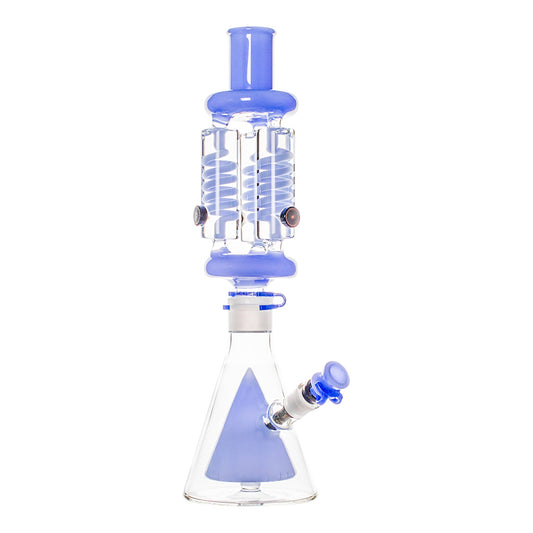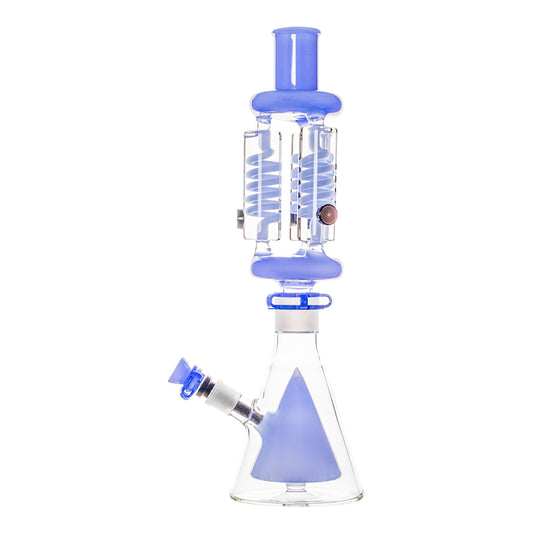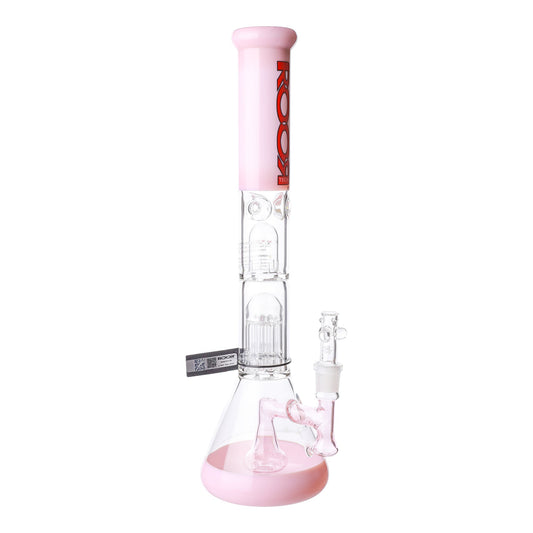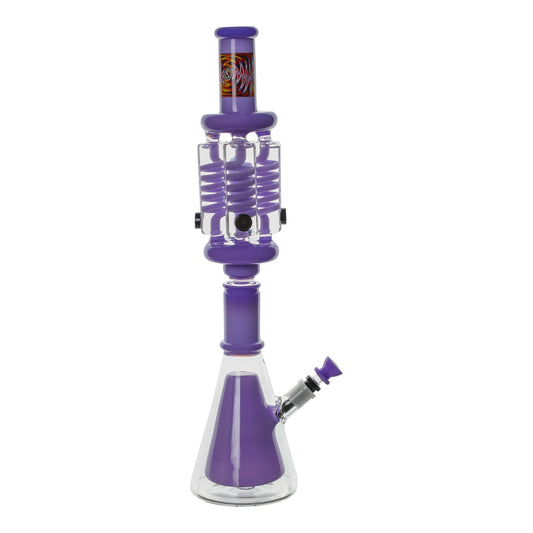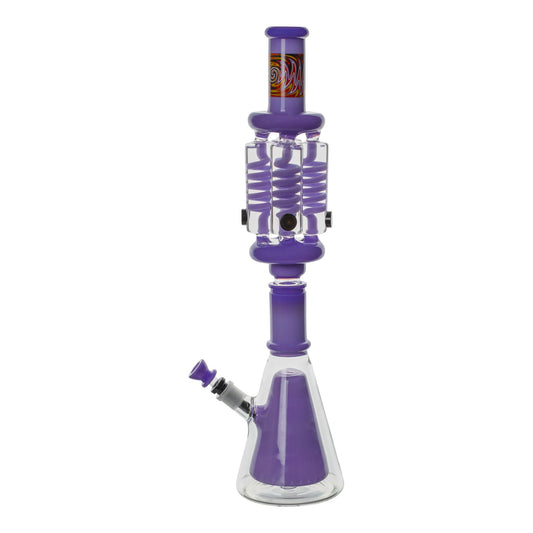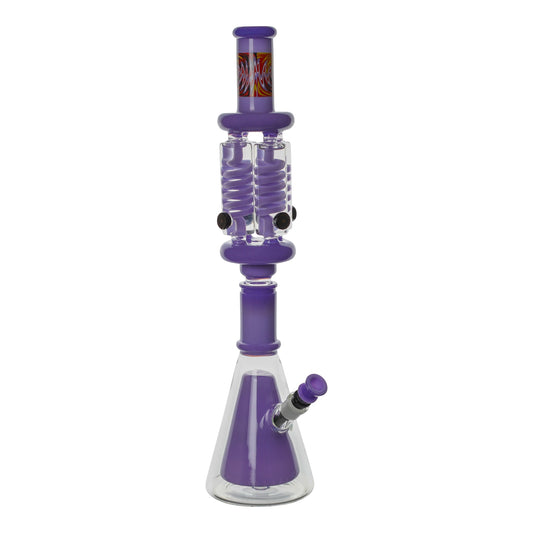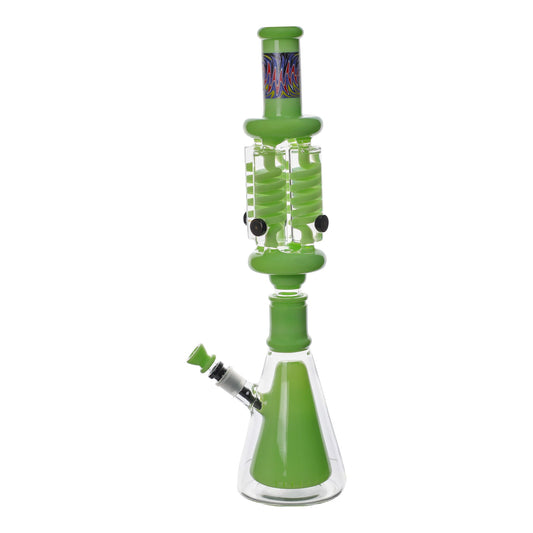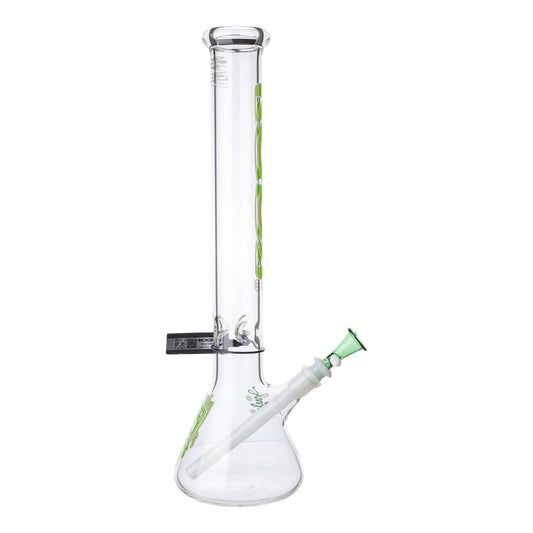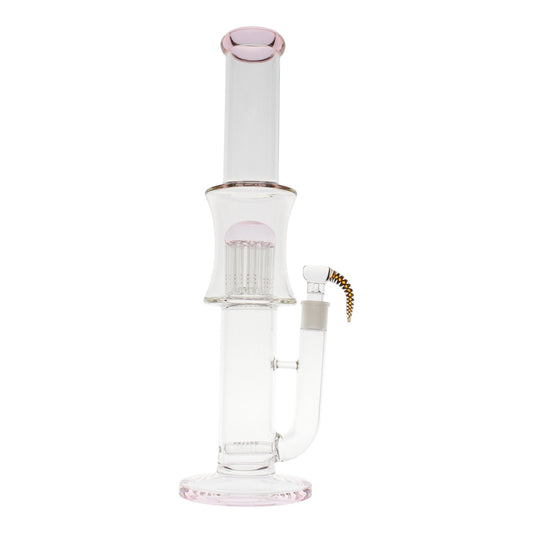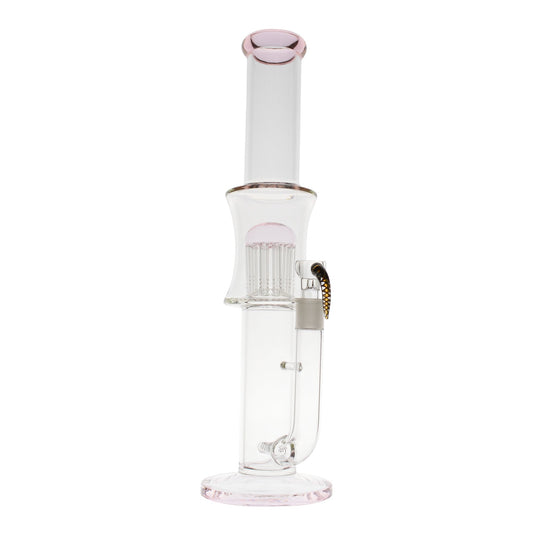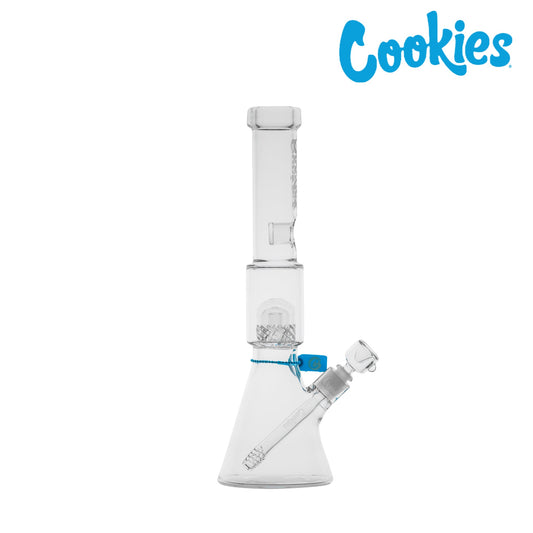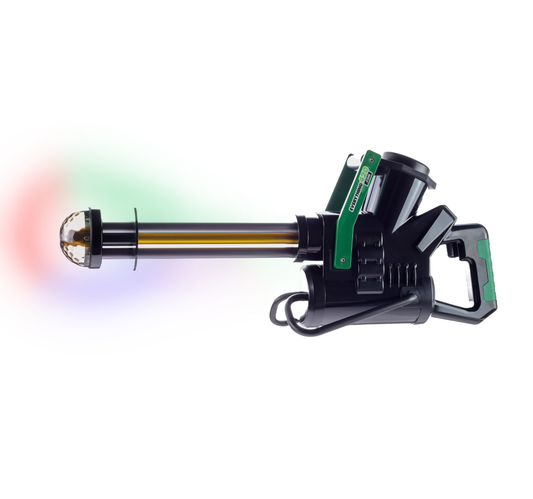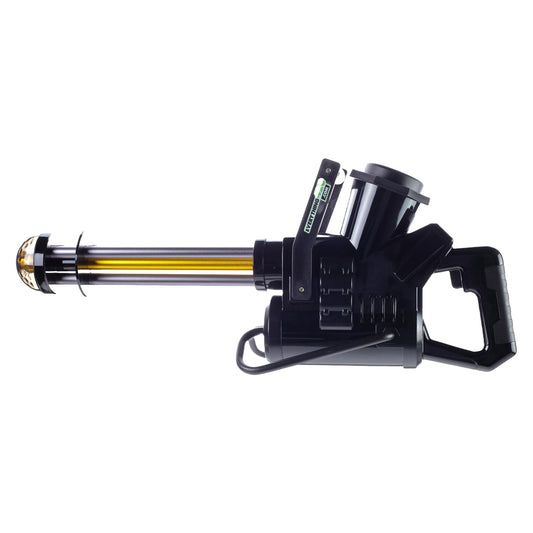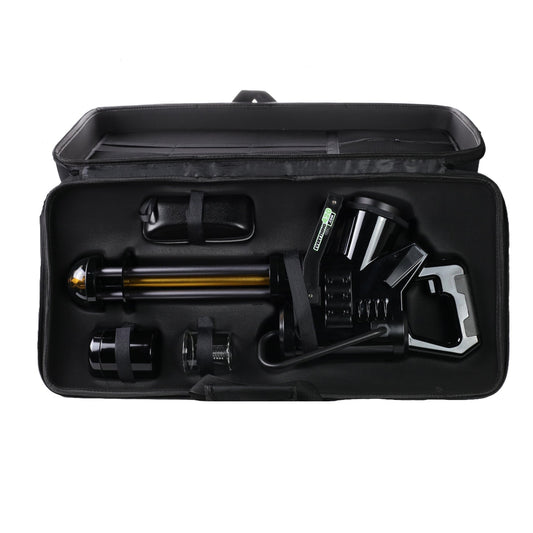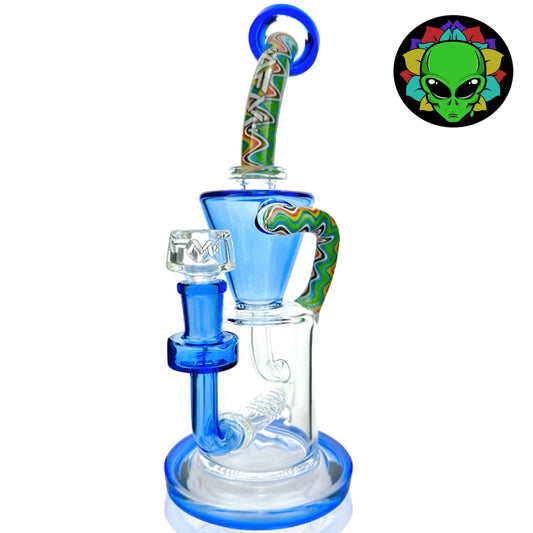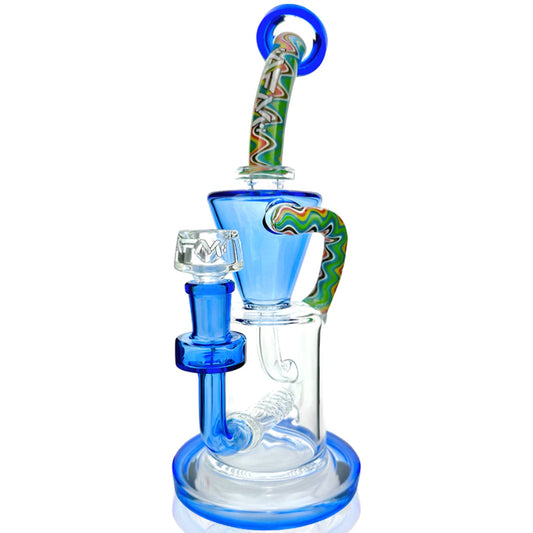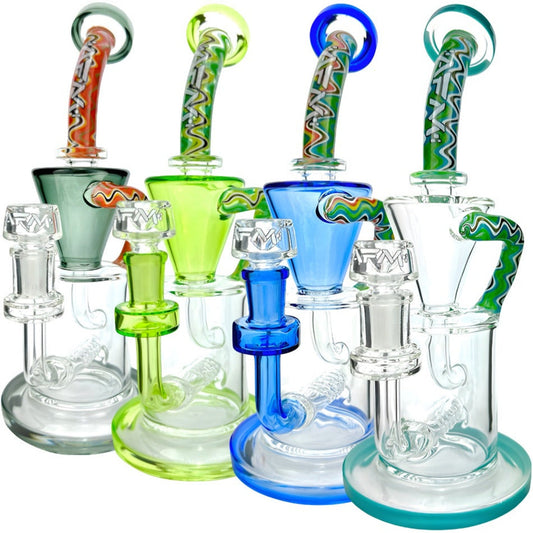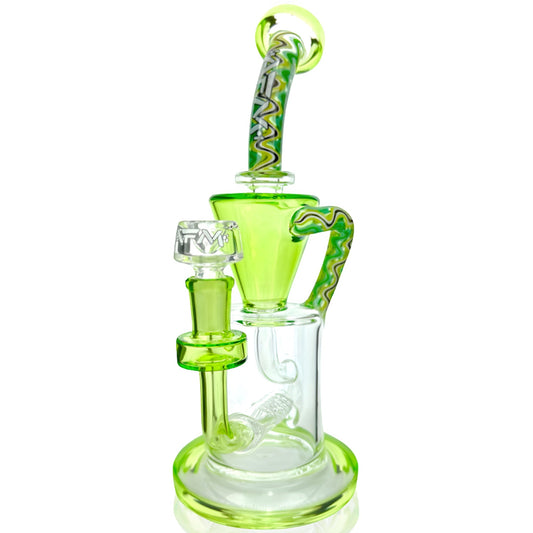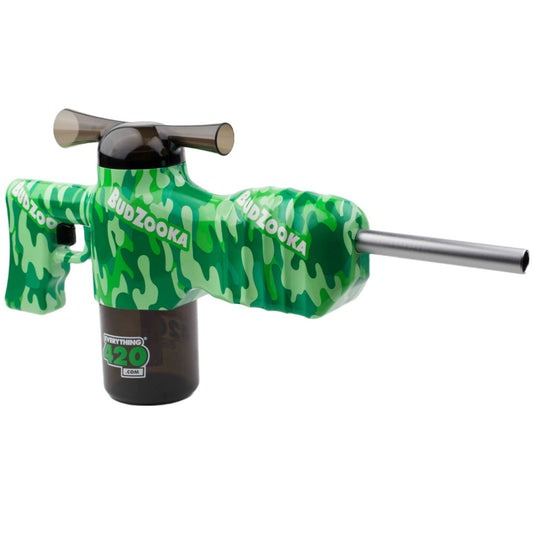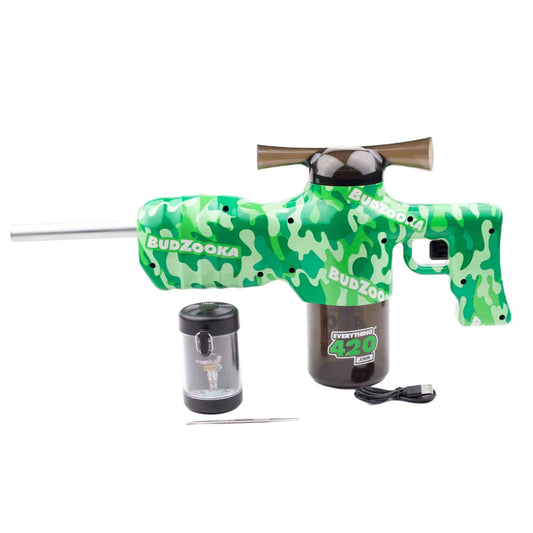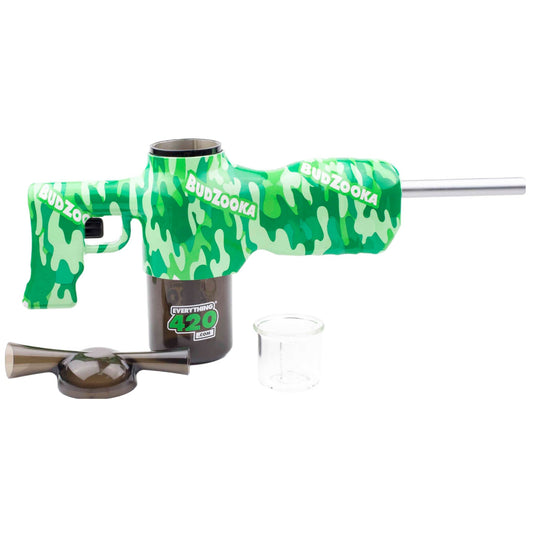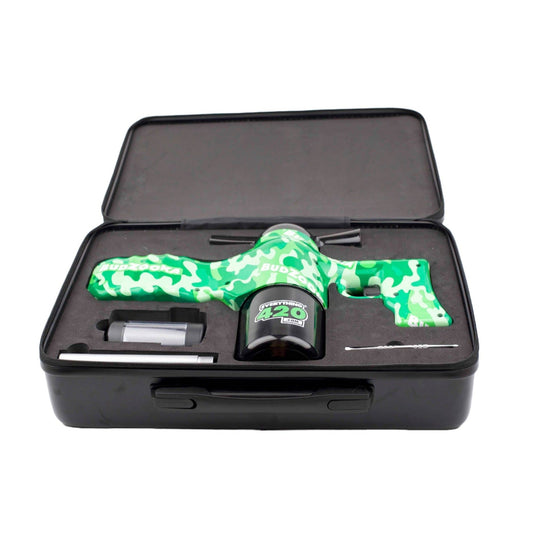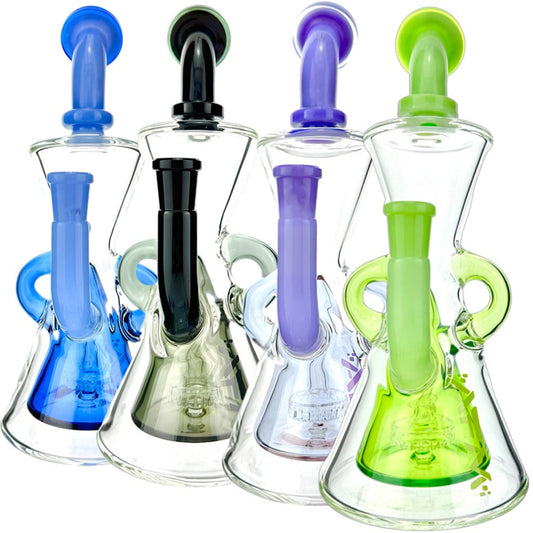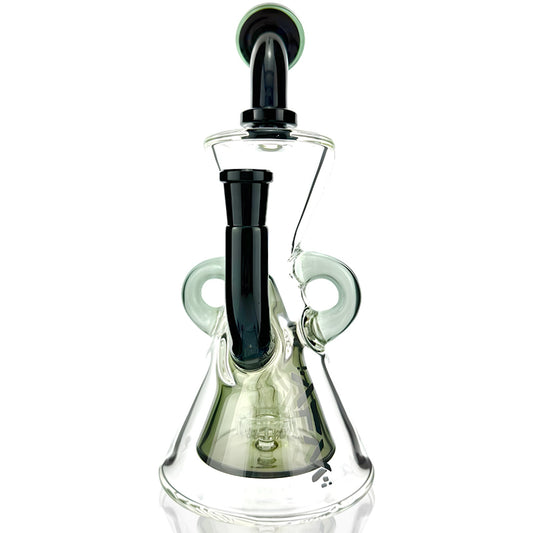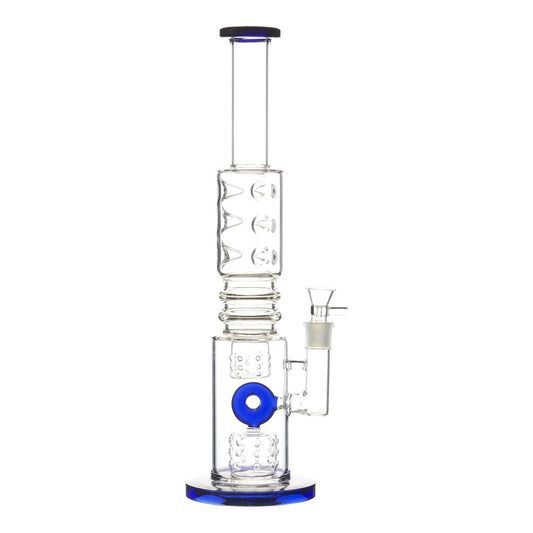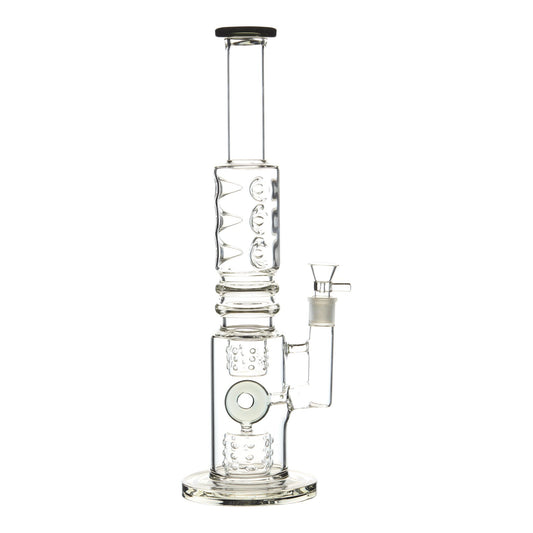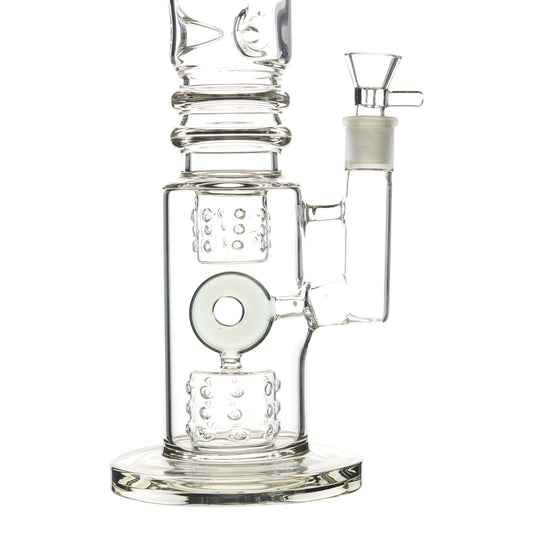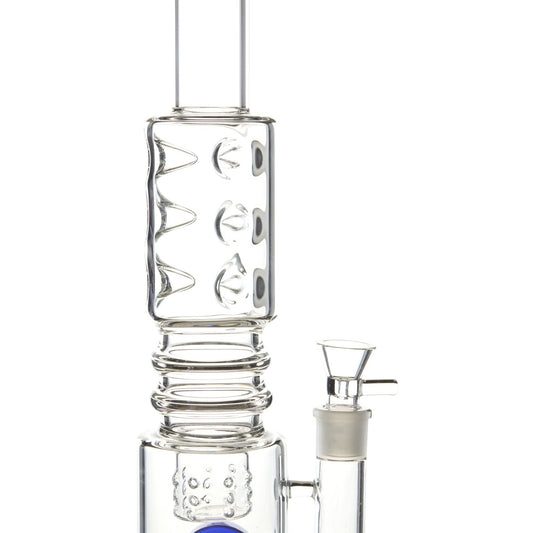Anyone that had a childhood before 2005 can attest to the age-old tale of how Mary Jane is the gateway to other drugs. Some of us might even still have our D.A.R.E. shirts tucked away somewhere for nostalgia and maybe an unconscious reminder. But in all seriousness, marijuana has always been looked at as a gateway vehicle to making bad decisions. So the question remains: is weed addictive? Let’s explore the possibilities of this question and whether these claims have much truth to it.
Can you get addicted to marijuana?
The definition of addiction is “the fact or condition of being addicted to a particular substance, thing or activity”. Technically, a person can become addicted to anything and not just what is considered a drug-like substance. So a person can become addicted to weed, whether us stoners want to admit that or not.
Weed addiction symptoms
Are you wondering if you are addicted to marijuana? There are a few telling signs that might have you thinking about addressing addiction issues, and even if you are not addicted to weed it is always a good idea to take tolerance breaks and reset your mind to a sober state once in a while. Marijuana is a wonderful medicinal alternative when looking for relief but truthfully it can become addictive and the level varies. Some addiction symptoms can help you identify whether you should scale back or possibly get more help in taking control of weed cravings. There are also withdrawal symptoms to mention so you know what you’re in for if trying to cut back and starting to experience physical and emotional effects that are less than ideal.
Consuming weed everyday
Having too much of anything is never a good thing, and the same goes for weed. If you like to have a drink everyday, or eat chocolate everyday, or even workout everyday - these can all be considered as being addicted. If you consume weed everyday and more than once a day, you are considered a chronic user and at the very least are more susceptible to becoming addicted. There are people that need to use weed everyday for medicinal purposes, and eventually most stoners will rely on weed for the ultimate relief. These are signs that addiction might be forming if not already apparent, and it doesn’t need to be a bad thing but it is important to have awareness.
Craving weed constantly
If you are finding that you crave weed when you wake up, throughout the day and need it to go to sleep - this definitely qualifies as an addiction. While we all love a good wake and bake, sometimes it is important to space out weed intake times to give you a proper recovery. Marijuana can get the best of us and have us wanting more and more, but with anything it’s best to take in reasonable doses and not to overdo it.
Choosing weed over other things
We all know the feeling of wanting to be home and smoking a blunt over being out and about with friends sometimes. While that does not mean a person is addicted, if you find yourself choosing weed over doing normal, day-to-day things that is a telling sign of addiction. If ganja is affecting your ability to do your job and carry out daily tasks that are essential to adulthood, it is time to re-evaluate what you are doing. Of course, there are extremely productive stoners out there that can toke and take on a crazy amount of tasks, but that does not mean that is not considered addiction. If you find yourself doing weed more often than you feel is necessary, that is one step to recognizing that addiction might be near and taking a tolerance break is the very least you can do to start identifying how to take control.
Weed withdrawal symptoms
When attempting to get past addiction, the withdrawal period is the hardest to get through. It gets uncomfortable and is not a pretty sight to see. If you start feeling the following withdrawal symptoms, it is normal and try to push through! The biggest part of getting past the withdrawal period is staying positive and working through the discomfort of sobriety.
- Irritability
- Trouble sleeping, increased insomnia
- Headaches
- Nausea
- Loss of appetite
- Body pains and chills
- Dizziness
- Mood swings
As with a breakup, the last thing people want to hear is time heals all. However, this is true for most cases regarding withdrawal. Time will definitely help and it just takes time for your body to get used to craving the act of relief. The symptoms are not fun to deal with, but it is possible to get through it successfully with healthy eating habits, drinking water and exercising. It sounds cliche but self care is the best care especially when it comes to dealing with addiction and withdrawal symptoms.
Should I get help for weed addiction?
So is weed addictive? If you think you are addicted to weed and inclined to do something about it, know that there are resources to help you in whatever stage you are in. The Substance Abuse and Mental Health Services Association (SAMHSA) is an excellent resource with help hotlines and more to tackling the recovery process. Even if you feel your weed addiction could be mild, there is no harm in speaking to a professional that can help in your journey. Alternatively, CBD can be a helpful tool in combating weed addiction as it can offset some of the withdrawal symptoms without reintroducing your body to the psychoactive effects of THC. Visit the best CBD online to choose from pens, tinctures, gels and more.





